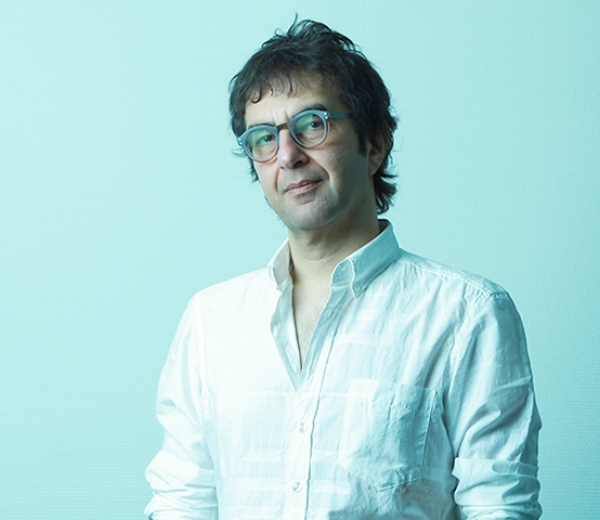Atom Egoyan
Egoyan first visited Armenia in 1991 when his film “The Adjuster” was screened at the Moscow Film Festival. He and his wife – actress, producer and playwright Arsinée Khanjian – took the opportunity to travel from Moscow to Yerevan.
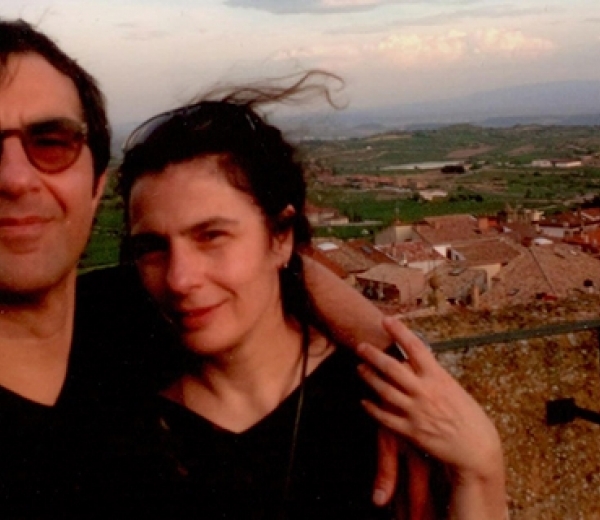
|
Atom Egoyan and Arsinée Khanjian |
We frequently think that with time, wounds will heal. But wounds remain open – both for survivors and perpetrators.
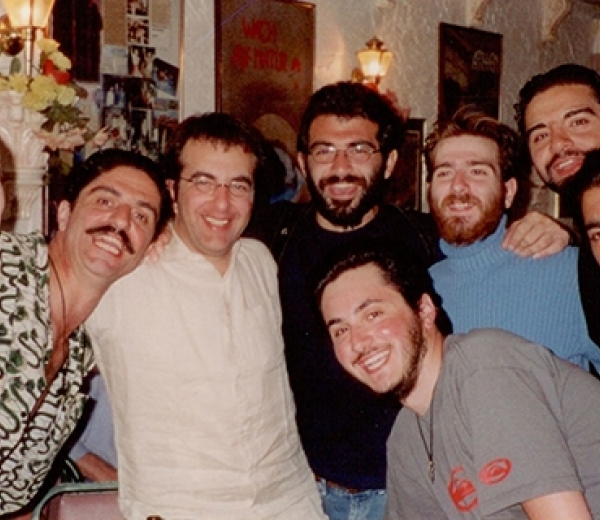
|
“Ararat” film cast with Atom Egoyan (third on the left) |
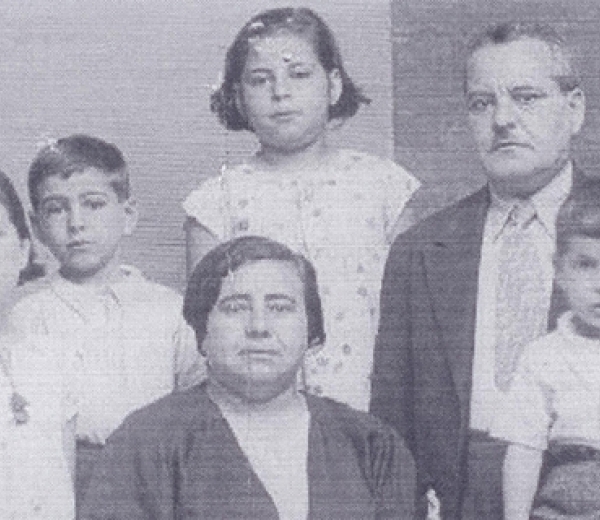
|
Atom’s paternal grandparents and family, including Atom’s father Joseph (right) |
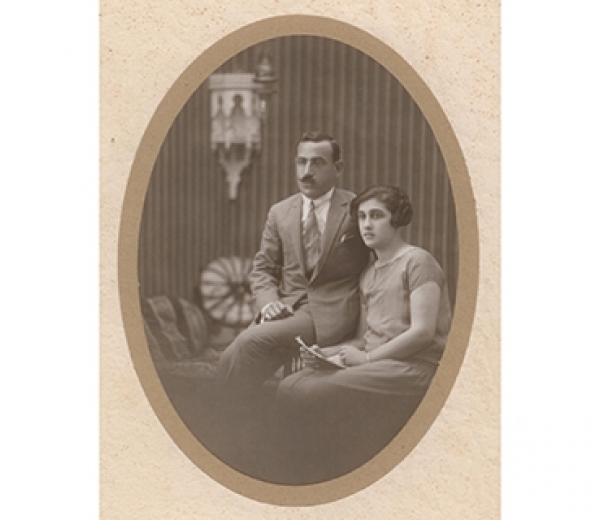
|
Atom’s maternal grandparents |
Atom Egoyan’s parents Hovsep and Shushan were artists and studied painting. They also ran a furniture business, Ego Arts, in Cairo. Because of the political climate, the Egoyans left Cairo and moved to western Canada in 1963, settling in the town of Victoria, British Columbia. There, they continued their furniture business under the name Ego Interiors, a new company they founded. They anglicized the name Yeghoyan to Egoyan. They were the only Armenian family in Victoria.
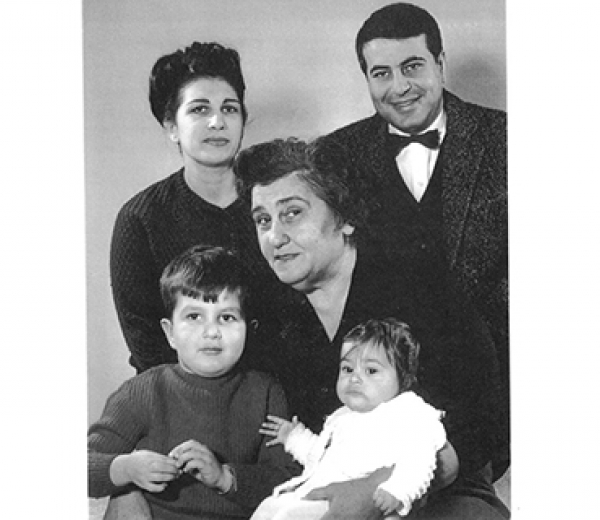
|
Atom’s parents and his grandmother with Atom and his sister Eve Egoyan |
I suddenly found myself in that tumult. Acts of terrorism occurred in Ottawa and my Canadian and Armenian identities clashed. It was shortly after that I met Arsinée.
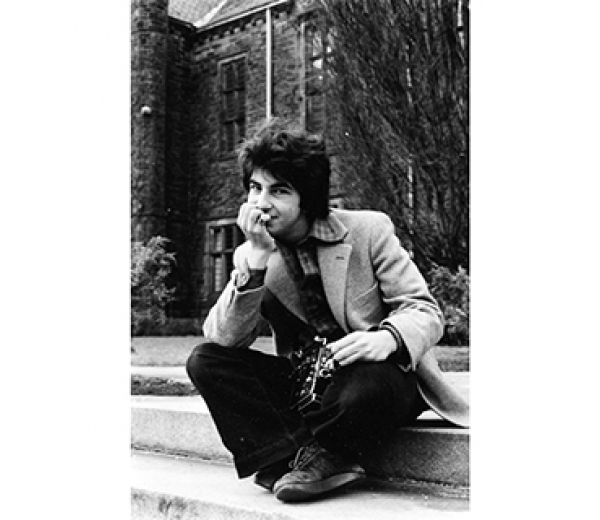
|
Atom while at the University of Toronto |
“Our life together is a journey of discovery of Armenian identity. We are collaborators in this mission of trying to evaluate what identity means,” Egoyan says.
